David Hornsby, Vice Provost and Associate Vice-President (Academic) is pleased to announce the 2023-24 recipients of the Future Learning Innovation Fellowship, a program designed to assist faculty and instructors in exploring and implementing new and innovative teaching and learning practices.
The fellowship provides recipients with a stipend, resources to develop and pilot new ideas and tools and opportunities for professional development and community building.
TLS is excited to see the impact of this fellowship on our students and the Carleton community.
The recipients selected this year are:
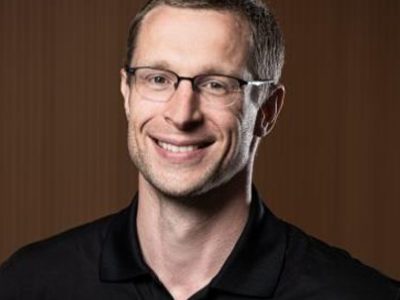
Scott Bucking (Civil and Environmental Engineering) will use Artificial Intelligence in the classroom by integrating large language models (LLms) into HTML lecture slides, enabling real-time student feedback and improving student interaction with the lecture content.
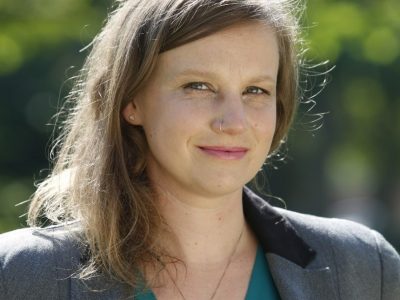
Jennifer Drake (Civil and Environmental Engineering) will be exploring the use of virtual reality field trips and augmented reality models of inaccessible underground municipal infrastructure (drinking water distribution, storm sewers, etc.) to allow civil engineering students to learn through directly experiencing and engaging with these systems.
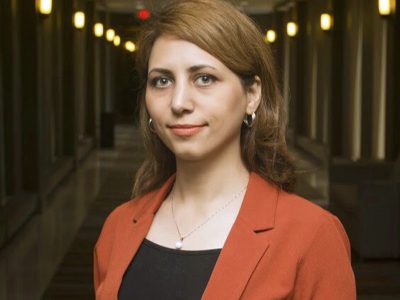
Rose Gomar (Systems and Computer Engineering) plans to use learning analytics to enhance the educational experience for all students by exploring effective strategies to promote equity, address bias and create data-driven pedagogy.
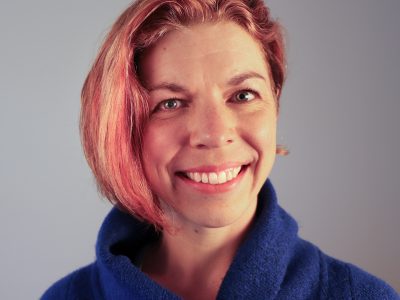
Katie Graham (Media Production and Design) will use interactive video and reading documents with online self and peer reviews of weekly assignments to improve student engagement in asynchronous course material and to enable students to become active collaborators in their learning.
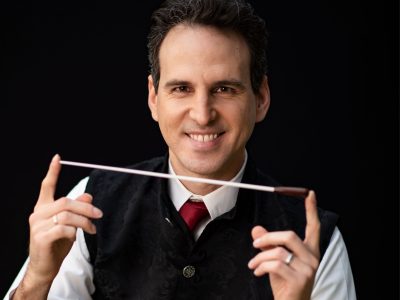
Antonio Llaca Buznego (Music) will balance traditional teaching methods with the use of MatchMySound — an online application using sound recognition technology — to provide instructor-guided weekly recorded assignments to enhance the acquisition of aural skills and performance and raise student engagement and musical literacy.
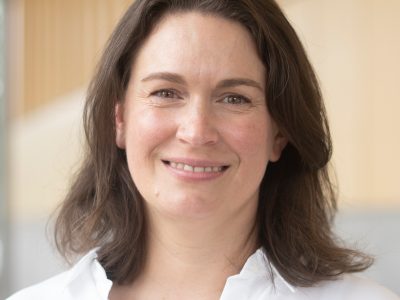
Katie Lucas (Institute of Environmental and Interdisciplinary Science) aims to increase retention by taking an active learning approach and focusing on inclusive teaching practices to give first-year students a sense of belonging and the skills they need to succeed in science.
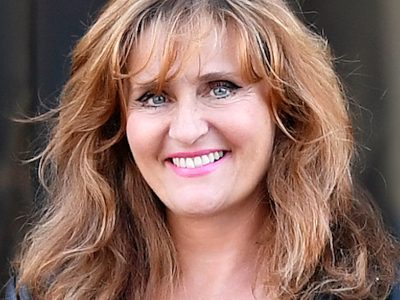
Stefania Maggi (Childhood and Youth Studies/Psychology) will develop a course on eco-anxiety using the EON-XR platform to help equip instructors and students with tools and resilience against the distressing and overwhelming emotional effects of climate change.
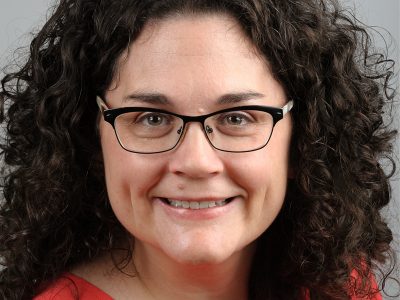
Martha Mullally (Biology) will further develop a previously piloted immersive virtual reality (IVR) simulation that will assist undergrad Biology students with the visualization and understanding of gene regulation.
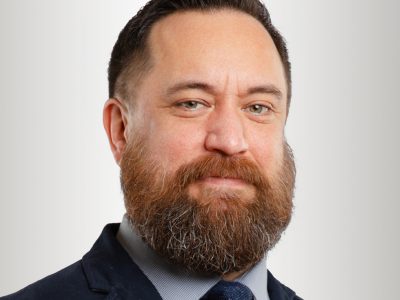
Steven Pong (School of Industrial Design) will use Augmented and Virtual Reality to elevate industrial design education and provide students with essential digital skills required for success in their design careers. The project will have students create immersive prototypes, simulations and virtual spaces, allowing real-time collaboration with students and instructors, regardless of their physical locations.
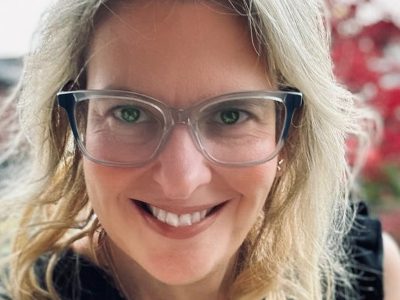
Mira Sucharov (Political Science) will have students in an Israeli-Palestinian relations course explore the limitations of ChatGPT in providing informed opinions by having them expand on the artificial intelligence-based responses to controversial or opinion-based questions surrounding Israel and Palestine with their insights and knowledge.
Congratulations to this year’s recipients!
Learn more about the Future Learning Innovation Fellowship.